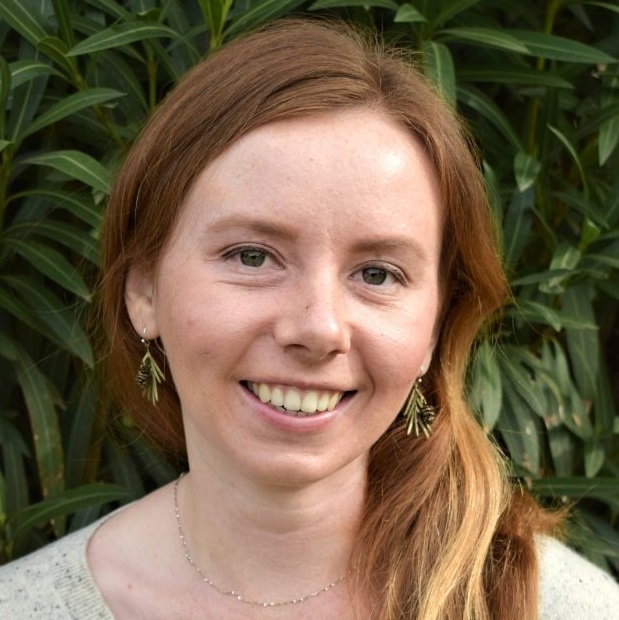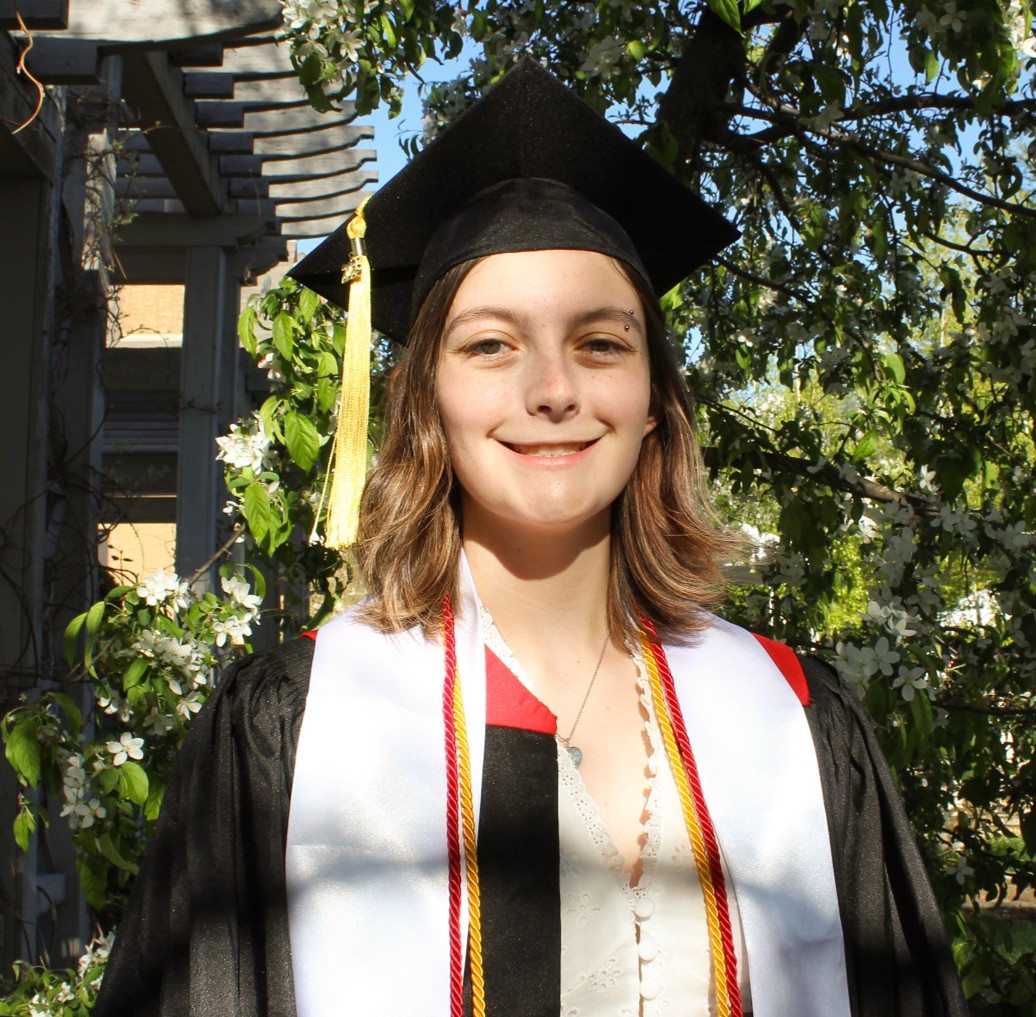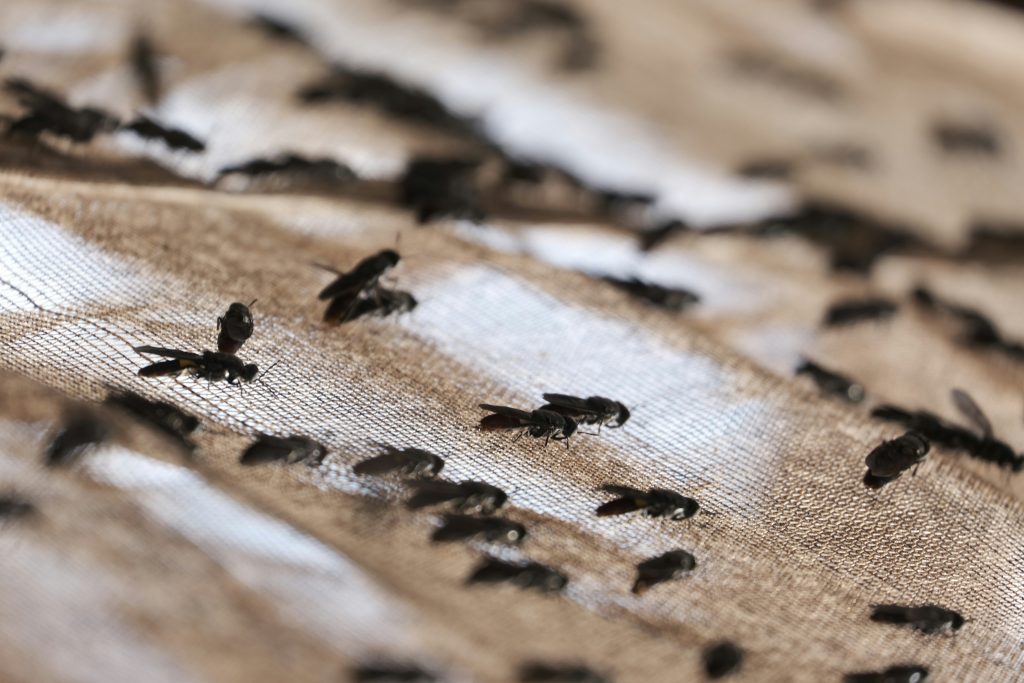Black Soldier Fly Farming
This section should clearly articulate your core mission or primary focus. Keep it concise, compelling, and focused. This hero section is designed to be used at the top of a page with a fixed and inverted nav bar. To change the page settings, open the right settings panel and enable “Fixed Navigation” and “Invert Colors” in the “Navigation” section.
What is Black Soldier Fly farming?
High protein
Developing practices and varieties that thrive in changing environmental conditions.
Waste management
Understanding the vital role of healthy soils in productivity and ecosystem services.
Small scale farms
Investigating solutions for efficient and clean water use in agricultural landscapes.
Meet the team

Sarah Adcock
I am an Assistant Professor in Animal Welfare in the Department of Animal and Dairy Sciences at the University of Wisconsin-Madison. I received my PhD in Animal Behavior at the University of California-Davis and my MSc in Cognitive and Behavioral Ecology at Memorial University of Newfoundland. (Role with BSF)

Jocelyn Woods
I am a postdoctoral researcher in the lab of Dr. Adcock. I received my PhD in Animal Welfare Science at the University of Wisconsin-Madison. I received my PhD in Agricultural Bio-environment and Energy Engineering at the China Agricultural University. (Role with BSF)

Haipeng Shi
I am a postdoctoral researcher in the lab of Dr. Adcock. (Role with BSF)

Eliza Eyman
I am a master’s student in the lab of Dr. Adcock. For my master’s thesis, I will survey poultry farmers in the U.S. Midwest to understand the perceived barriers and conduits to Black Soldier Fly production, as well as to raise awareness and knowledge about the use of Black Soldier Fly larvae on poultry farms.

Sustainable Ecosystems Lab
Our lab investigates the intricate relationships within agricultural and natural ecosystems to develop sustainable solutions for food security, environmental health, and biodiversity conservation.

Call To Action
This section should invite engagement. What’s the most important next step for your audience? It could be exploring opportunities, accessing resources, or collaborating.
About [Unit Name]
Use this space to elaborate on your unit’s purpose. What significant questions are you addressing? What are your key research areas or educational programs? Emphasize your commitment to discovery, learning, or public service.
Detail your specific contributions or areas of expertise. This could include your unique facilities, collaborative projects, or the real-world implications of your work. Focus on showcasing your depth of knowledge and the value you bring to the scientific community and beyond. Keep it short and sweet–you can elaborate more on a dedicated about page.
434,402
A truly impressive quantity.
98%
This percentage will be very compelling.
$78,200
Definitely enough to make a difference.
Groundbreaking Research
We conduct pioneering studies that push boundaries, contributing vital insights to science and practical applications.
Experiential Learning
Our students gain hands-on experience through fieldwork, lab work, and community engagement, preparing them to be leaders.
Community Engagement
We share our expertise, bringing scientific knowledge and sustainable practices to communities across Wisconsin.
Darkness cannot drive out darkness, only light can do that. Hate cannot drive out hate, only love can do that
Martin Luther King Jr.

Call To Action
This section should invite engagement. What’s the most important next step for your audience? It could be exploring opportunities, accessing resources, or collaborating.

